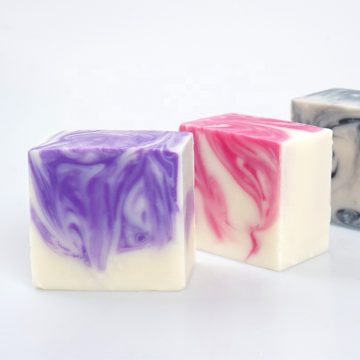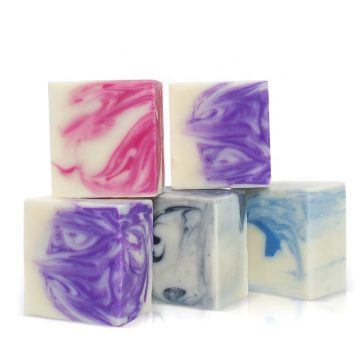Certainly, I’d be happy to help debunk some common misconceptions related to soap and hygiene:
- Misconception: Antibacterial soap is more effective than regular soap. Debunking: Regular soap is just as effective, if not more so, in removing dirt, bacteria, and viruses from your hands. Antibacterial soap contains additional chemicals that may contribute to antibiotic resistance and environmental concerns.
- Misconception: Hot water is necessary for effective handwashing. Debunking: Hot water is not required; in fact, it can lead to skin dryness. Warm water is more comfortable, but the most critical factor is proper handwashing technique and using soap for at least 20 seconds.
- Misconception: Hand sanitizers are a replacement for handwashing. Debunking: While hand sanitizers are convenient, they’re not a complete substitute for handwashing. Soap and water physically remove dirt, debris, and certain types of germs more effectively. Hand sanitizers with at least 60% alcohol are a good alternative when soap and water are unavailable.
- Misconception: The more soap you use, the cleaner your hands will be. Debunking: Using an excessive amount of soap doesn’t necessarily lead to cleaner hands. A moderate amount is sufficient to create lather and clean your hands effectively. Using too much soap can lead to wastage and make it harder to rinse off properly.
- Misconception: Hand dryers are more hygienic than paper towels. Debunking: Both hand dryers and paper towels have their pros and cons. While hand dryers use air to evaporate moisture, they can also spread germs in the process. Paper towels can effectively remove moisture and can be more hygienic in certain settings.
- Misconception: You only need to wash your hands after using the restroom. Debunking: Handwashing is important in various situations, not just after using the restroom. You should wash your hands before eating, after touching surfaces in public places, after coughing or sneezing, and whenever your hands appear dirty.
- Misconception: Natural or homemade soaps are always better than commercial ones. Debunking: The effectiveness of soap isn’t solely determined by its source. Commercial soaps are formulated to remove dirt and germs effectively. Natural or homemade soaps can vary in their effectiveness and may lack certain ingredients needed for thorough cleaning.
- Misconception: It’s better to use antibacterial products to kill all germs. Debunking: Not all bacteria are harmful, and using antibacterial products excessively can contribute to antibiotic resistance. Regular soap and water effectively remove the majority of germs without contributing to this problem.
- Misconception: You don’t need to wash your hands if you use gloves. Debunking: Gloves can provide a barrier, but they can also harbor germs and contaminants. It’s important to wash your hands before putting on gloves and after taking them off to ensure proper hygiene.
- Misconception: Handwashing doesn’t impact overall health. Debunking: Proper hand hygiene is a fundamental practice to prevent the spread of infections, including colds, flu, and gastrointestinal illnesses. Regular handwashing can contribute to overall health and reduce the risk of getting sick.
Remember that good hygiene practices, including proper handwashing and using soap effectively, play a crucial role in maintaining your health and preventing the spread of infections.








